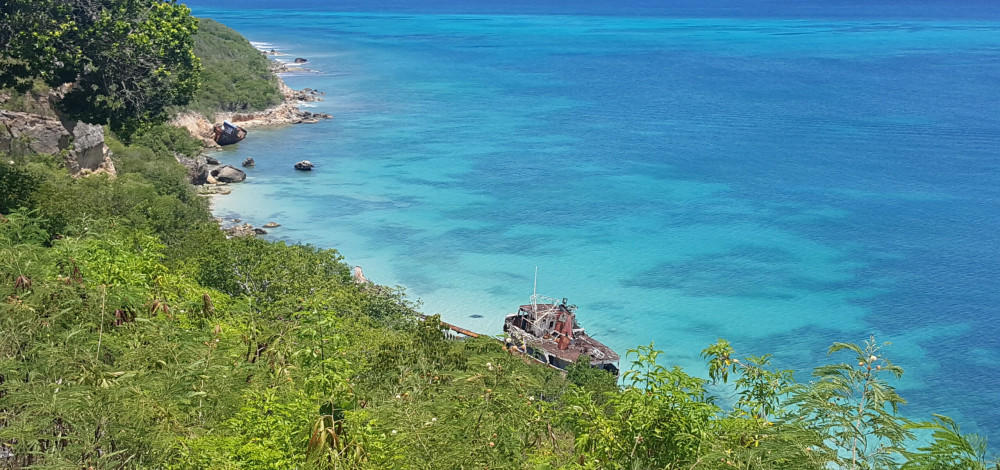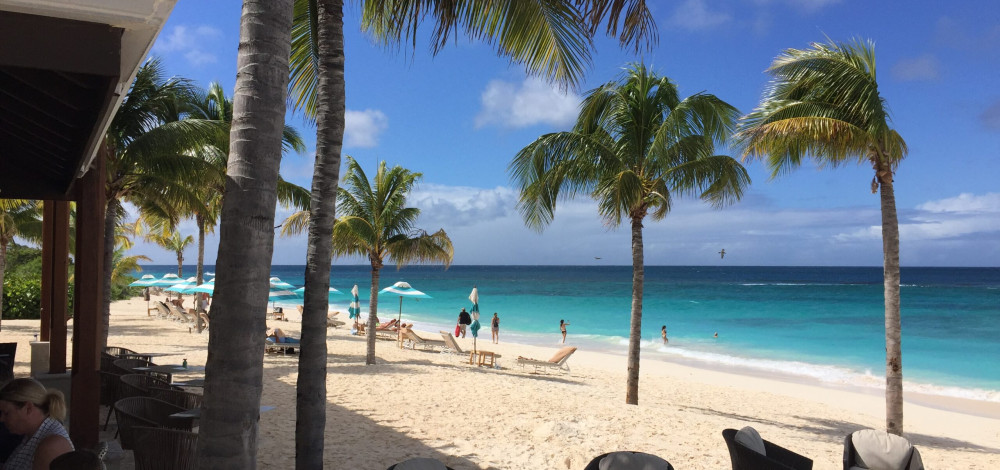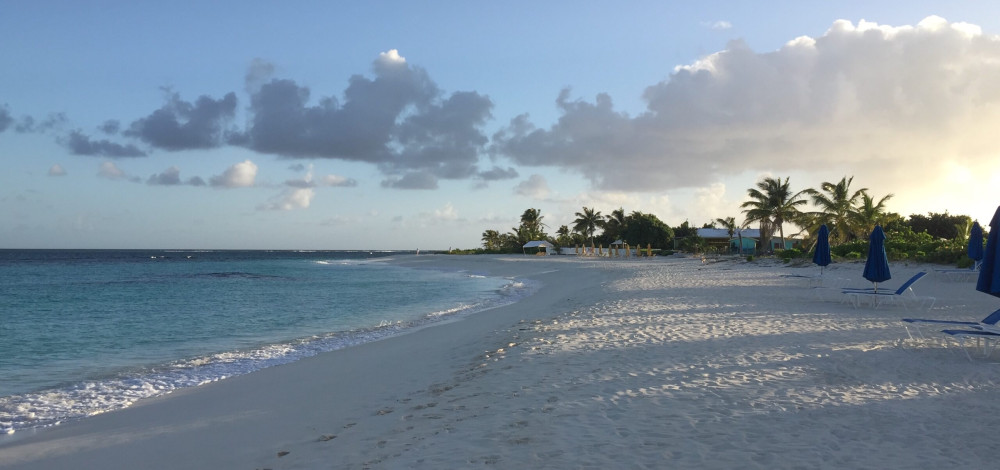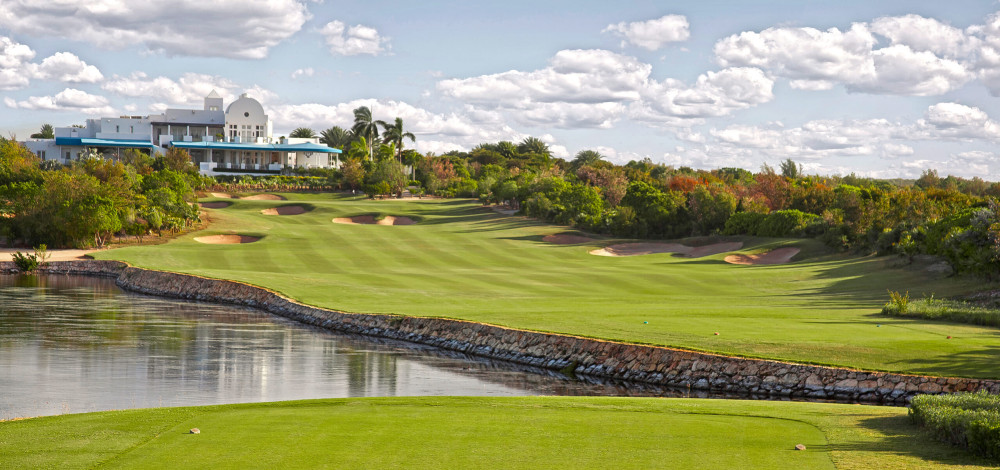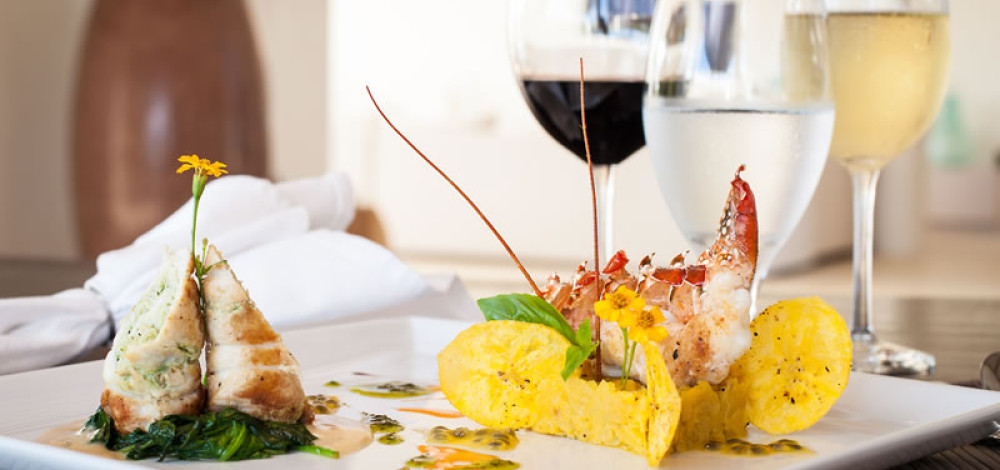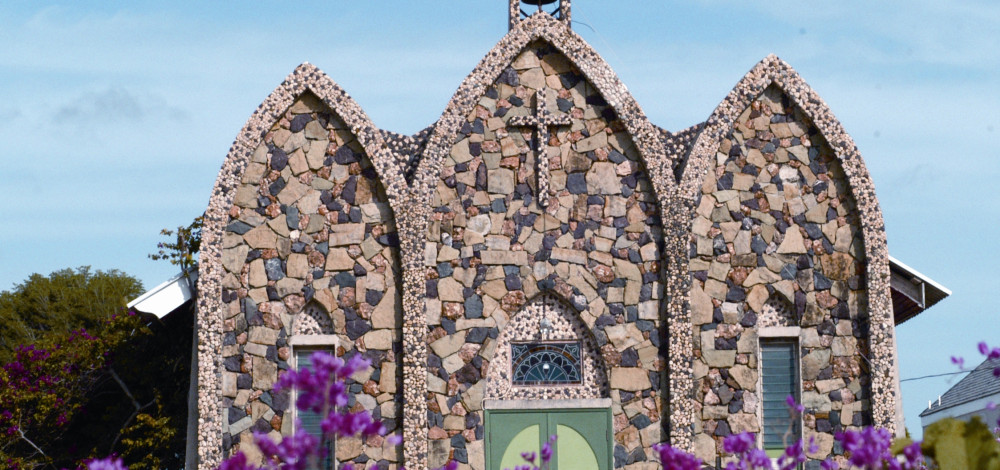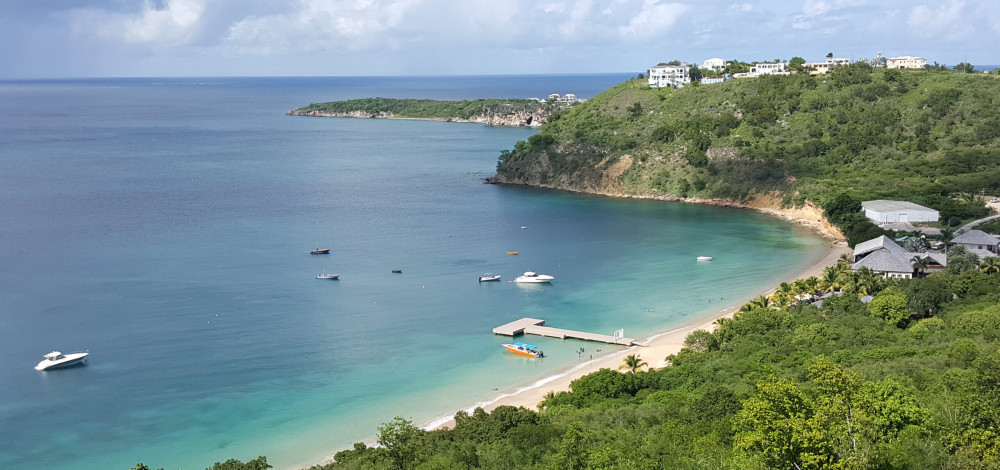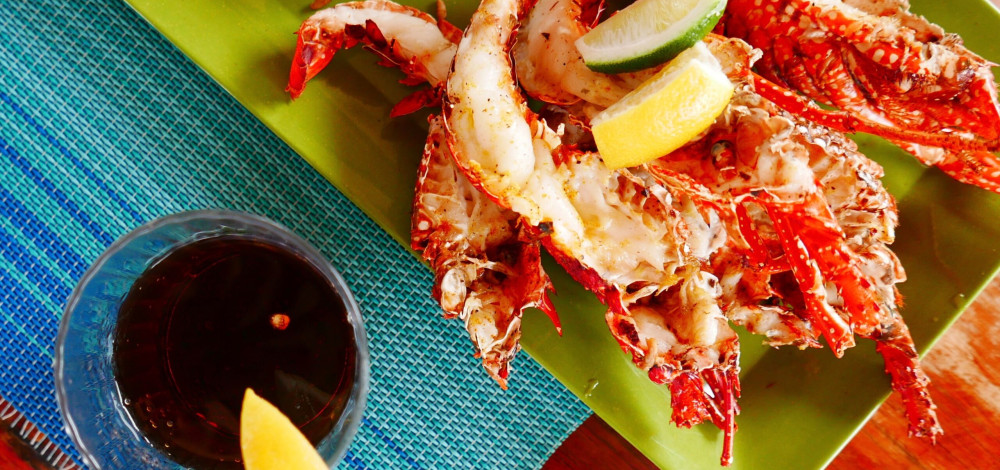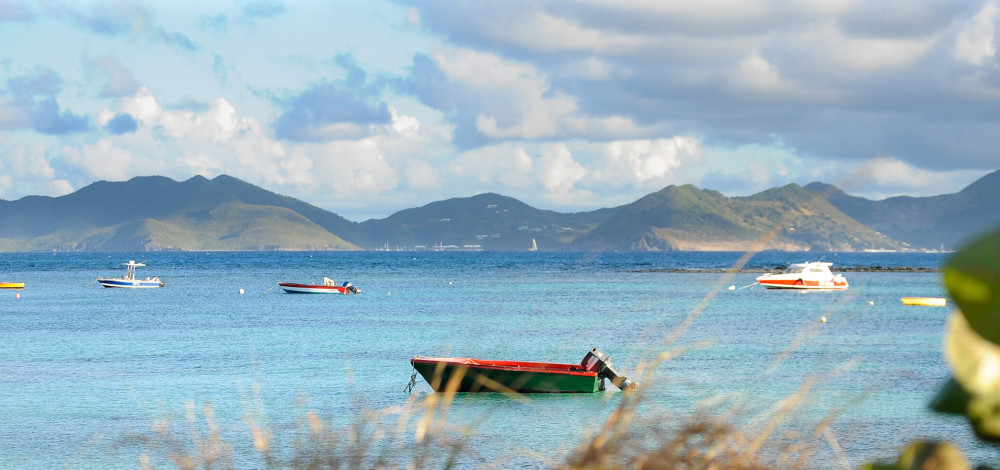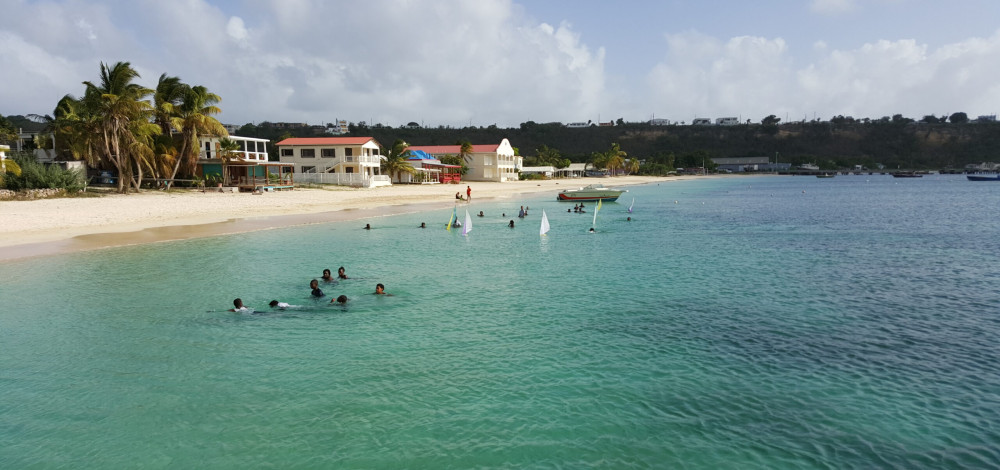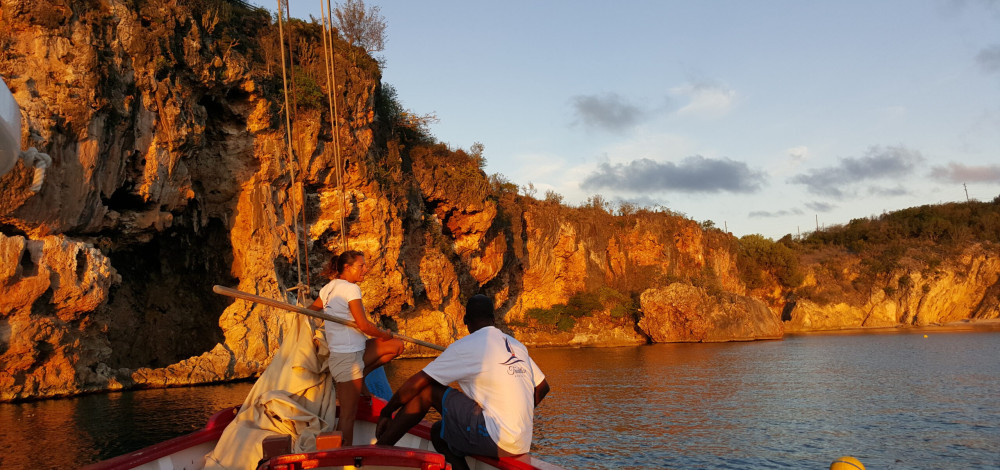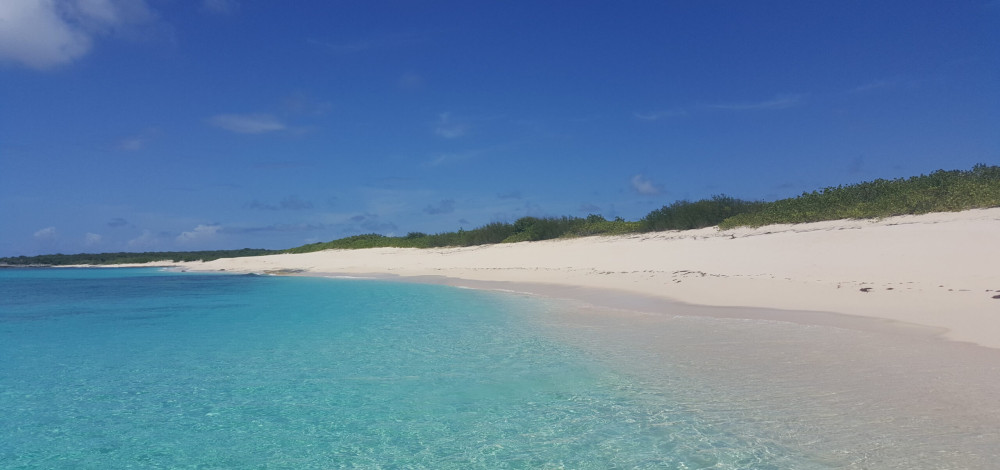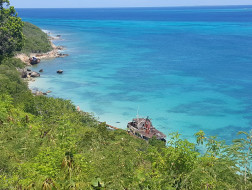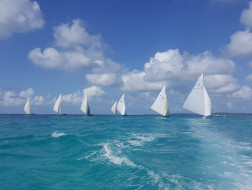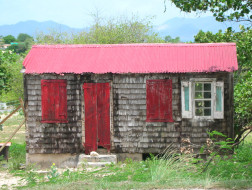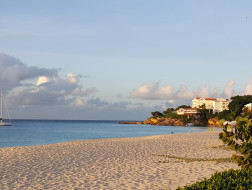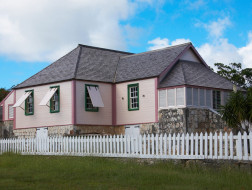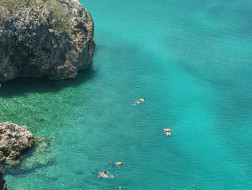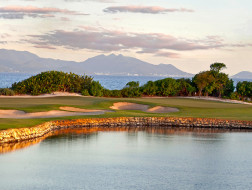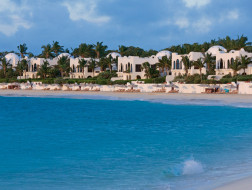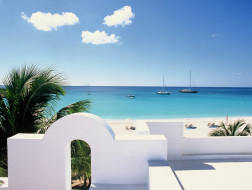HISTORY
Anguilla was colonised by the English in 1650 and is now the oldest British territory in the Caribbean. With over 90% of its population indigenous, Anguilla is a distinct and proud nation in which local landownership has been practiced since time immemorial. Comprising twenty-three islands and cays, with a marine expanse the size of two-thirds of the UK’s landmass, Anguilla is a significant member of the British family of nations that has maintained its unique culture and heritage. Its marine culture is reflected in the national sport of yacht racing, whilst fishing and farming remain stalwarts of the local economy.
This prize-winning location, with thirty-three of the world’s best beaches, rivals St. Barts and Mustique as one of the world’s leading tourist destinations, where the quiet pace of life is not disturbed by cruise ships and other forms of mass tourism. Here the proud people of Anguilla may not only boast the highest density of Olympians in the world, that have represented the UK since the 1970s, but that it also ranks amongst the top fifty places in the world for longevity.
The territory’s motto, Unity, Strength and Endurance, echoes the islanders’ character, forged through a tempestuous past that has given rise to some of the friendliest and able people in the region.
RELIGION
Anguilla is a palpably special place, which belies that fact that it has been a religious centre for millennia, playing host to the largest manifestation of the principal god of some of the island’s earliest inhabitants, the Arawaks. Jocahu, the god of the important crop cassava, is depicted by a giant statue located in what is regarded as an ancient cathedral in Fountain Cavern. In the aftermath of the First World War, yet another religious milestone was laid by Anguillians when a local pastor wrote the Holy Pliby, the bible of the Rastafarian faith, that was to influence world leaders including Mandela, and Martin Luther King in their bid for equality for their people and which led to one of the youngest recognised faiths in the world. The Nobel Prize winning author V. S. Naipul wrote in The Overcrowded Baracoon that “more than any other Caribbean community, the Anguillians have the sense of home”, despite having one of the largest and most successful diasporas in the UK from the region.
THE REVOLUTION
After centuries of neglect and hardship, in 1967-9 the Anguilla Revolution occurred, whereby the tiny population of less that six thousand souls took on Britain at a time when the island was to be left attached to the administration of St. Kitts against its wishes and jettisoned into involuntary independence. Anguilla won and remains one of a handful of British Overseas Territories today. As befits its heritage, the island prefers direct interaction with the outside world, and encourages direct liaison wherever possible.
HURRICANE IRMA
In 2017, the worst hurricane on record in the region struck Anguilla subjecting the island to winds of up to 235mph for thirty-seven hours without reprieve annihilating the island’s infrastructure. The island lived up to its moot and has bounced back with the support of the UK, and its myriad of family and friends throughout the world to attain record breaking tourism once again.
EUROPE ON THE CARIBBEAN SEA
The ancient island of Anguillea encompassed St. Barts, St. Martin and Anguilla, before a prehistoric rise in sea levels. Even today, the people of those islands are linked by close familial ties, and a symbiotic relationship between the French, Dutch and British territories.
For more details on Anguilla contact the Overseas Representative to obtain a copy of 50 Things You didn’t Know About Anguilla

